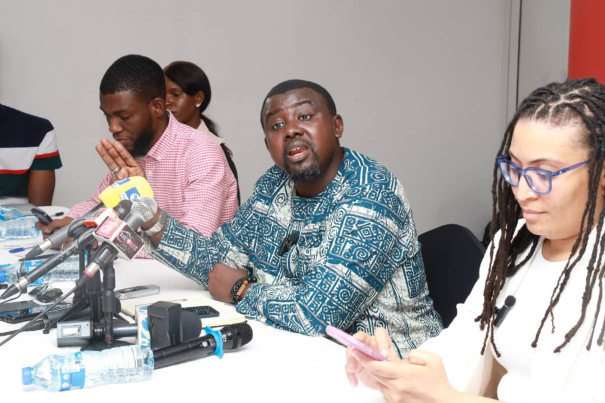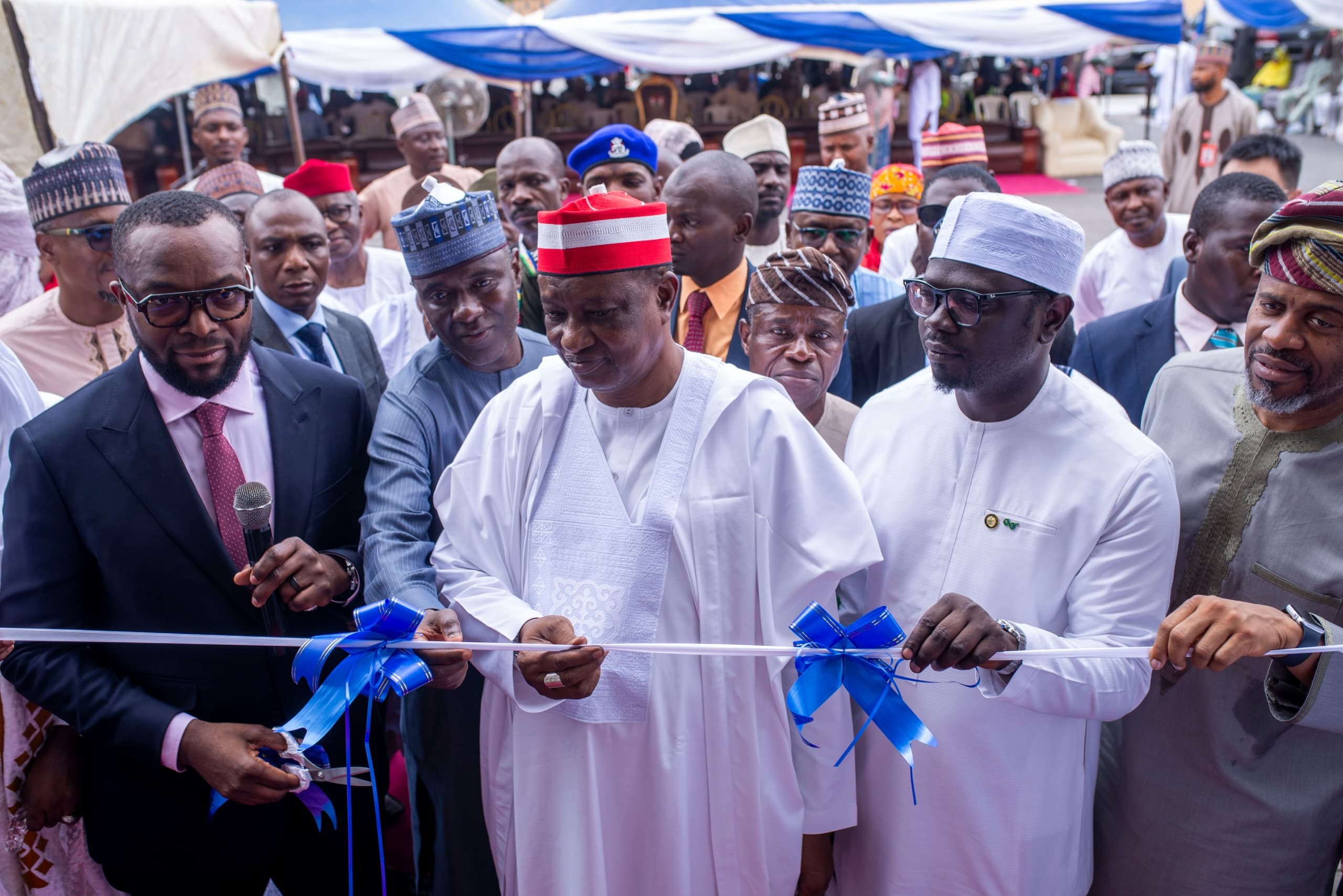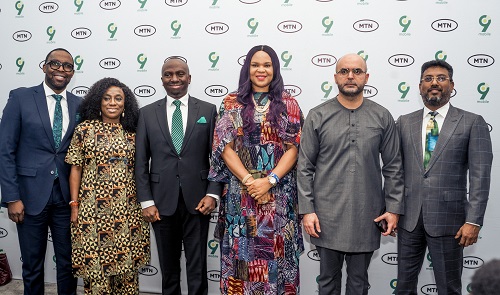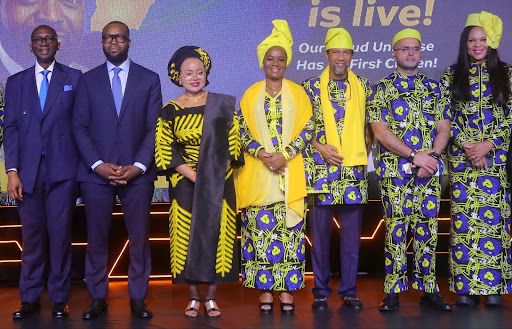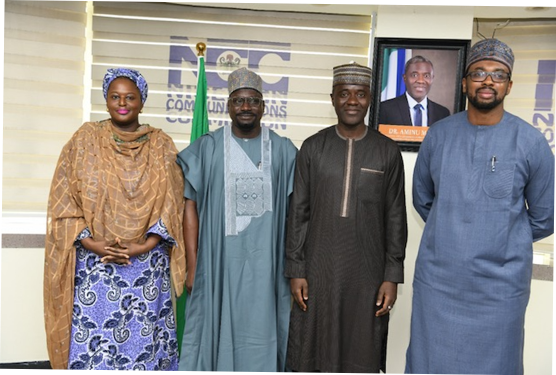As Nigeria, and indeed, Africa continue to witness considerable expansion in internet access and a boost in digital technologies, there is need to dismantle the barriers to digital rights and inclusion so that the full benefit of the revolution would be felt, the Executive Director of Paradigm Initiative (PIN), Gbenga Sesan has stressed.
PIN a non-profit organization that works to connect young Africans with digital opportunities and protect their online rights.
Sesan, who spoke with reporters in Lagos, said as a leading pan-African organisation advocating for the same, PIN has remained at the forefront in pushing for favorable laws and policies as well as a fair, affordable, open and inclusive digital ecosystem across the continent.
According to him, in achieving this, the organisation has been working closely with the media, a key stakeholder in shaping narratives, raising awareness, influencing policies and public opinion while holding governments and private entities accountable.
At the media parley convened to take stock of the outgoing year and take a look into the next year, especially in respect to the digital rights and inclusion landscape, he highlighted key developments, trends and opportunities.
Internet shutdowns
He decried the spate of internet shoutdwon on the continent and its adverse effects on freedom of speech and loss to businesses, adding that digital rights violations have been on the rise in quite a number of African countries, more so in contexts of political instability, elections and protests.
“From internet shutdowns and digital surveillance to data privacy breaches and growing concerns around Artificial Intelligence (AI) and emerging technologies, the continent faces numerous digital rights challenges. On the other hand, digital inclusion remains an unfulfilled promise for a large number of individuals residing in Africa. There exists a huge disparity in access to affordable internet, Information Communications Technology (ICT) skills, and digital literacy as exclusion continues, more so for those residing in rural areas and among marginalised communities,” the executive director said, adding that nevertheless, there has been progress towards continuous advancement in technology, coupled with strong regulatory frameworks, governance mechanisms and sound policies, registering notable contributions towards a bright digital future for the continent.
Going into 2025
Looking ahead into the coming year, Sesan said some government agencies will introduce bills into the National Assembly that might further constrain the civic space and warned of the likely return of the lawful intervention of calls bills. He said legislations like these will limit the participation of the people in the governance space and might unleash an era of fear as people will be fretting over whether their calls were being monitored or not.
He said PIN will deepen its campaign into other countries under what he said will be its regional expansion programme.
According to him, the organization currently works in 27 countries, saying by 2028, it is the vision of the organization to cover 50 countries with the awareness campaign about digital rights. “We will be doing more work in North Africa in coming years,” he said.
For the organization to achieve its objectives, he said it will leverage collaboration with stakeholders, training officers and men of the Nigeria Police Force (NPF), members of the bench (judges), members of the bar, especially public prosecutors. “Some of these training programmes will start by January next year,” he said, promising to deepen relationship and expand conversation around digital rights with members of the fourth estate of the realm.
InfraCo failure
Fielding questions on some contemporary issues in the digital landscape in the country, he blamed the failure of the infrastructure company (InfraCo) initiative of the Nigerian Communications Commission (NCC) on policy inconsistency. According to him, the initiative which was designed to bridge infrastructure gap across the country was frustrated by policy summersault.
Under the initiative, InfraCo licences were issued to companies in the six geopolitical zones with Lagos and Abuja subsequently treated as single entities with InfraCo licences apiece.
Resort to litigations
Also explaining why PIN had to take government agencies such as the National Identity Management Commission (NIMC), Central Bank of Nigeria (CBN) and others to court, Sesan said it was to get the agencies to do the right things as stipulated under the law. He said it was designed to prove to them that indeed, there was theft of citizens’ data and subsequently invoke the powers of data protection. Additionally, he said he would want the persons put in sensitive positions but failed to their work punished for dereliction of duty.
He said when the last administration forced citizens to break COVID-19 social distancing rule to get the National Identity Number (NIN), it was premised on the understanding that it will address the menace of kidnap-for-ransom and many other heinous crimes. But looking back, he said the challenges remained, urging President Bola Tinubu to tackle it headlong.
USPF, NDPC weakness
He blamed the failure of the Universal Service Provision Fund (USPF) on its structure, saying it is institutionally weak such that it had turned into the tool of politicians. He alleged that funds that ought to have been deployed to expand rural access was used to buy computers for some people in the constituencies of politicians. He also faulted the National Data Protection Commission (NDPC) law which he said is holding back the commission, saying it is not a truly independent data regulatory agency.


